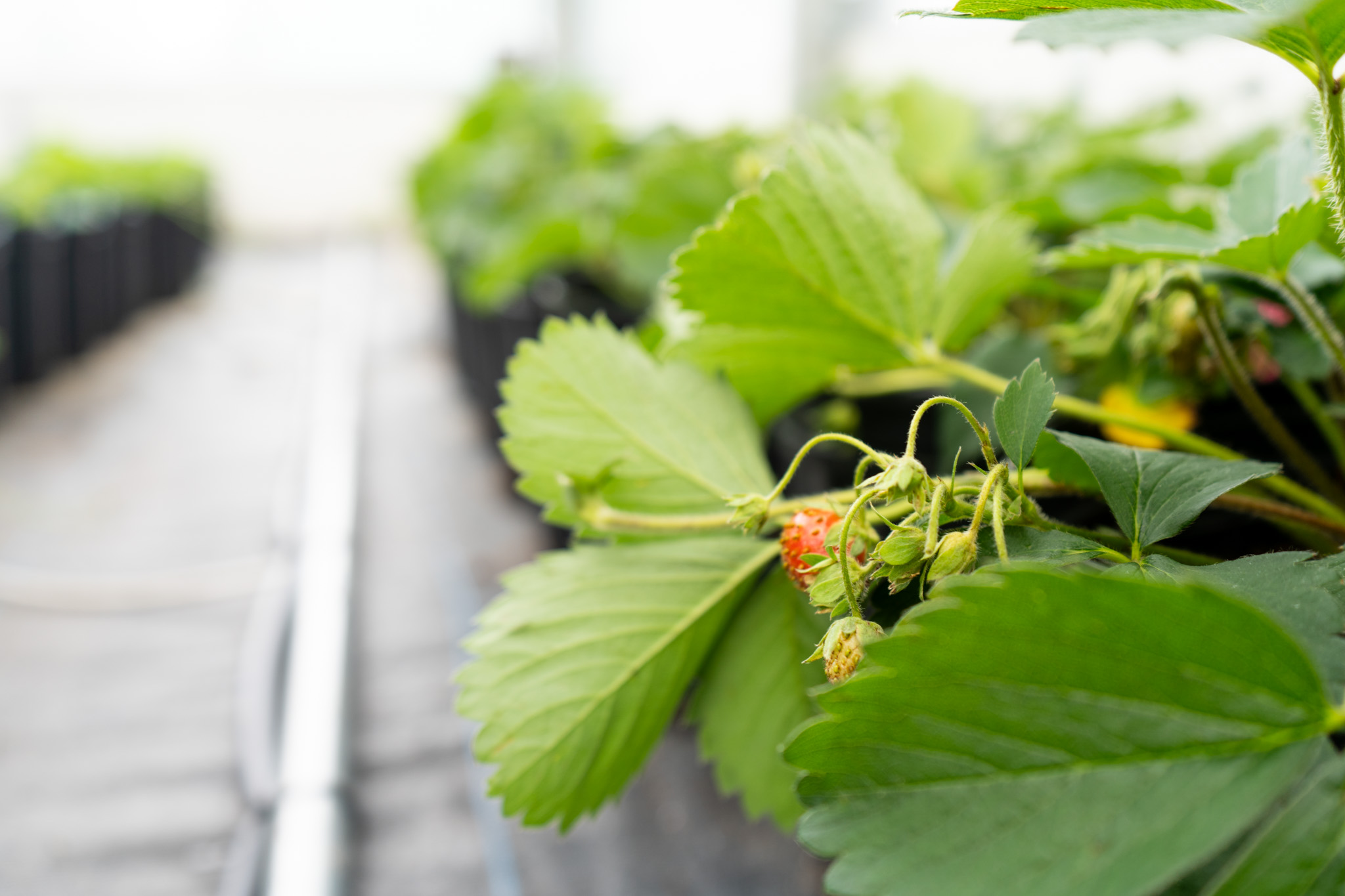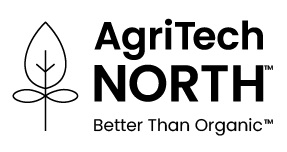Weston Family Foundation contributes $1 million to Collège Boréal to help address food sustainability in Canada’s remote regions

As part of its Homegrown Innovation Challenge, the Weston Family Foundation announced on Monday a $1 million grant for Collège Boréal and its partners – the Rural Agri-Innovation Network (RAIN), Truly Northern Farms, and AgriTech North. The goal is to develop a new hydroponics approach that combines innovative techniques, infrastructure, and equipment suitable for extreme climates.
This initiative by Collège Boréal’s research office (Recherche & Innovation Boréal) is one of eleven projects across Canada awarding grants of up to $1 million to innovation teams to support the development of small-scale solutions and proof-of-concept.
Project Details
With food insecurity on the rise across the country, especially among newcomers and racialized, rural, remote, and Indigenous communities in Northern Ontario, Collège Boréal, RAIN, Truly Northern, and AgriTech North have joined forces to optimize and boost the yearly cultivation of food crops for Canadian consumption.
In a region known for its extreme climate fluctuations, the project will begin by demonstrating an improvement in the economic viability and sustainability of berry production through the combination of never-before-tested technological innovations in a fully integrated system. In addition to implementing multi-layer hydroponic grow racks, water-cooled programmable lighting, and integrated pest management strategies, the project also involves experimentation with an innovative, new-to-Canada greenhouse envelope along with an environmentally sustainable ecological thermal harvesting system capable of recapturing and utilizing waste heat.
Ultimately, this research project aims to reduce Canada’s reliance on imports and address global environmental challenges related to food production and mass transportation.
Quick facts
- Collège Boréal is the only college in Canada to receive this funding from the Weston Family Foundation as part of its Homegrown Innovation Challenge.
- This 18-month research project will run from April 2023 to October 2024.
- For the first time in 2022, Collège Boréal ranked among Canada’s top 50 research colleges.
- Due to its geographical location and short growing season, Canada is highly dependent on imports to satisfy domestic demand for fruits1 and vegetables2 throughout the year. As a result, Canada’s fruit trade deficit has been steadily growing, reaching an all-time high of almost $9.8 billion in 2021. In 2022, Canada’s field vegetable trade deficit was $2.97 billion.




